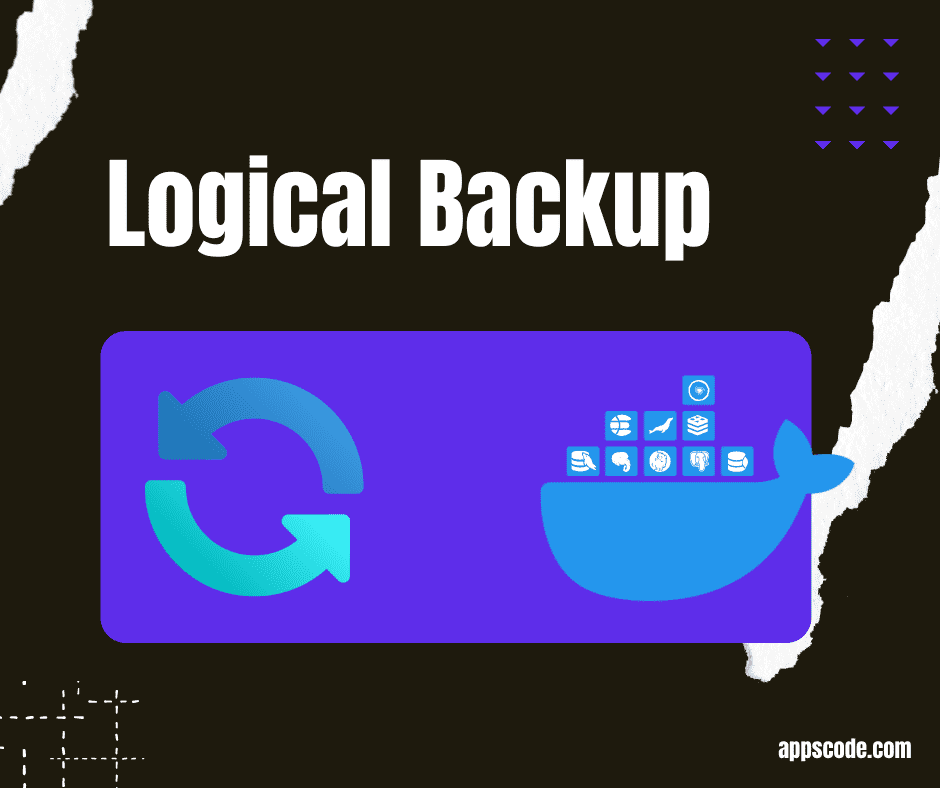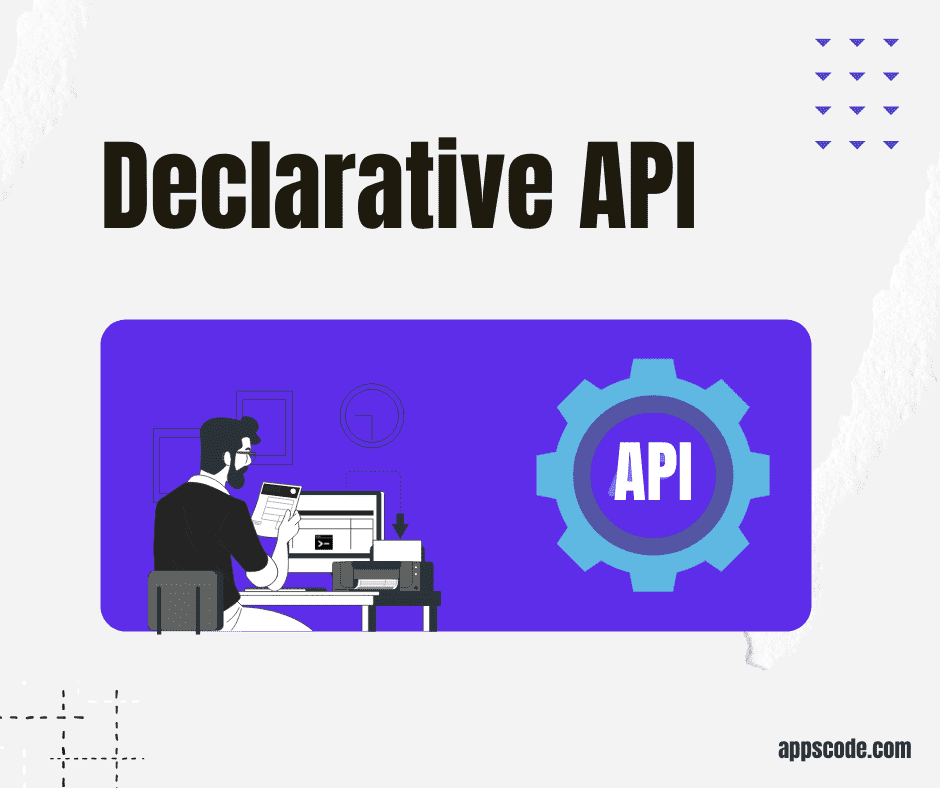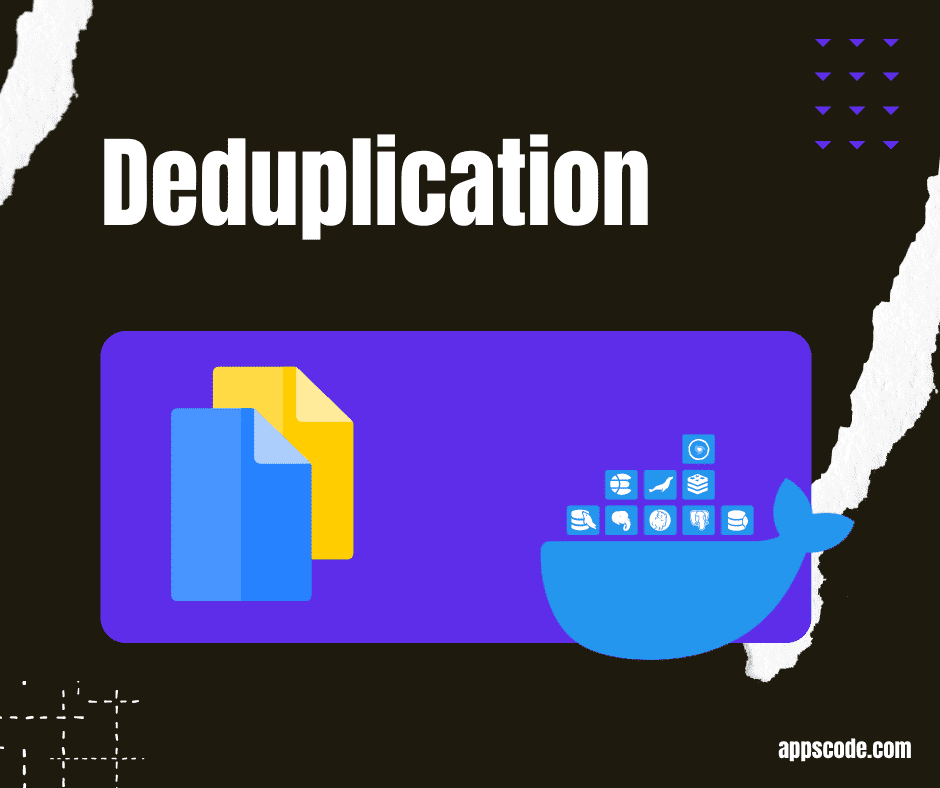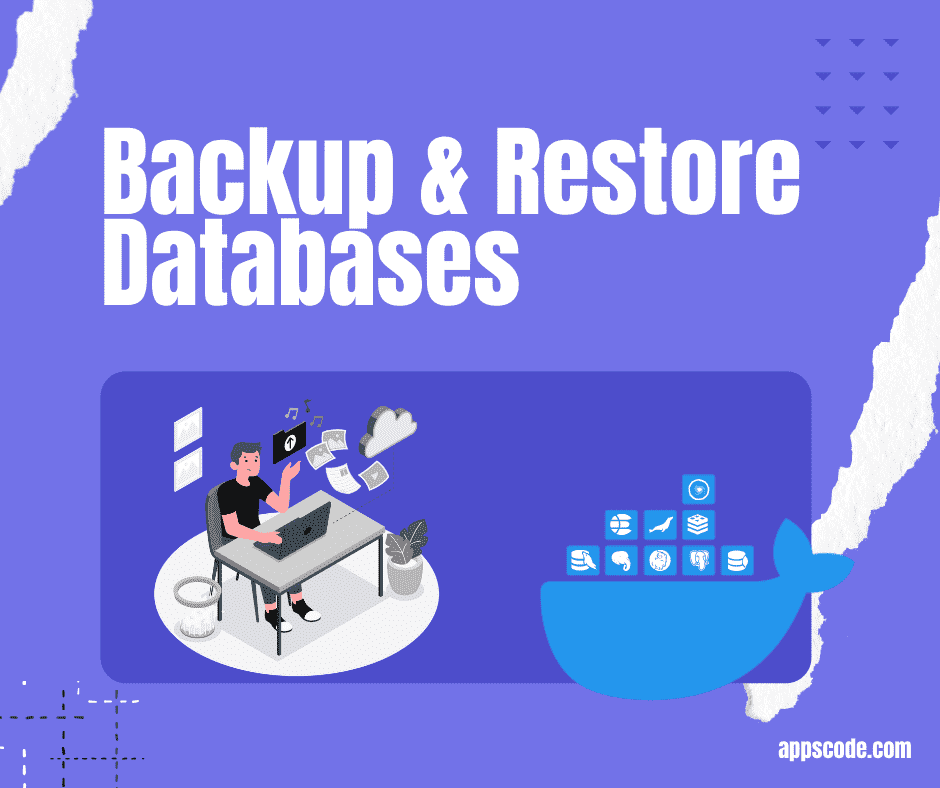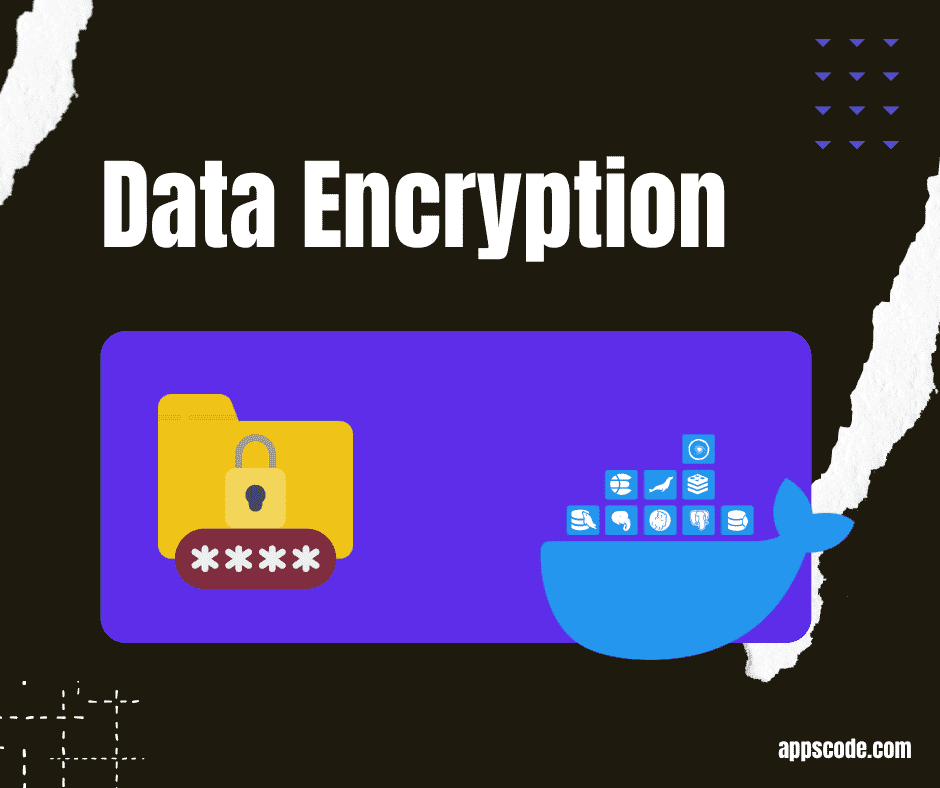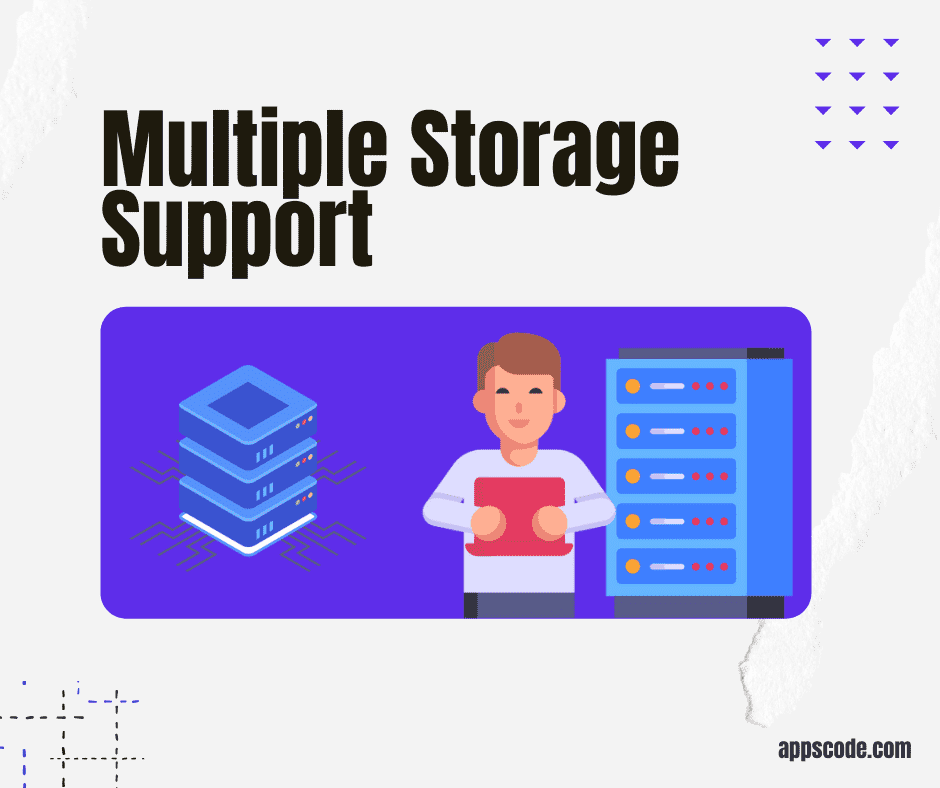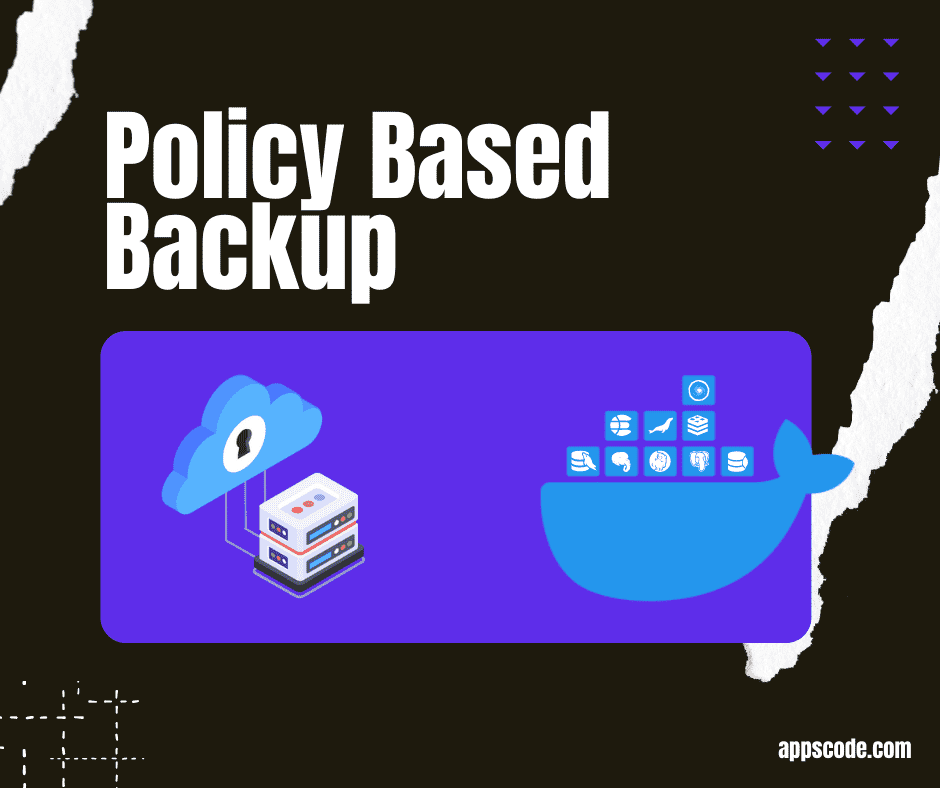Backup & Restore MariaDB Database on Kubernetes
A complete Kubernetes native disaster recovery solution for backup and recover MariaDB databases in Kubernetes on various public and private clouds.
1apiVersion: core.kubestash.com/v1alpha1
2kind: BackupConfiguration
3metadata:
4 name: mariadb-backup
5 namespace: demo
6spec:
7 backends:
8 - name: gcs-backend
9 retentionPolicy:
10 name: demo-retention
11 namespace: demo
12 storageRef:
13 name: gcs-storage
14 namespace: demo
15 sessions:
16 - addon:
17 name: mariadb-addon
18 tasks:
19 - name: logical-backup
20 params:
21 databases: playground
22 name: frequent-backup
23 repositories:
24 - backend: gcs-backend
25 directory: /mariadb
26 encryptionSecret:
27 name: encrypt-secret
28 namespace: demo
29 name: gcs-mariadb-repo
30 scheduler:
31 jobTemplate:
32 backoffLimit: 1
33 schedule: '*/5 * * * *'
34 target:
35 apiGroup: appcatalog.appscode.com
36 kind: AppBinding
37 name: mariadb-appbinding
38 namespace: demo




























